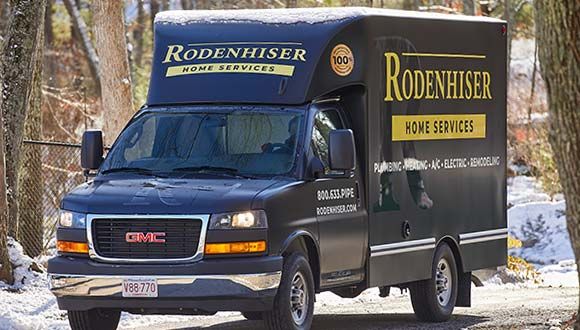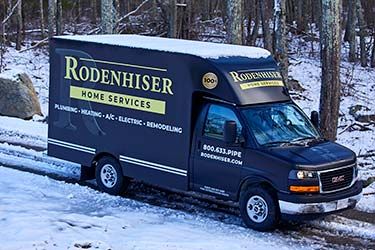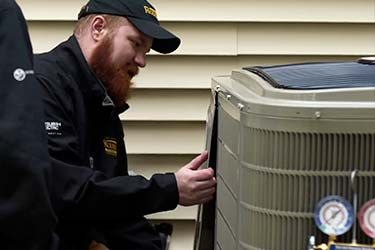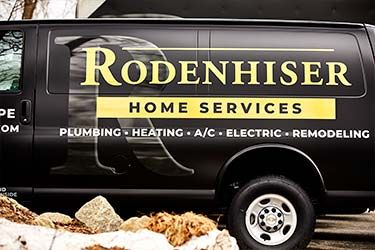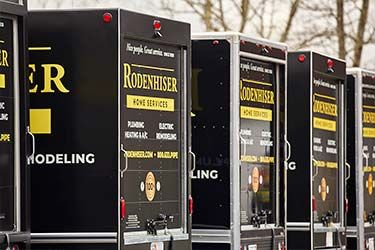
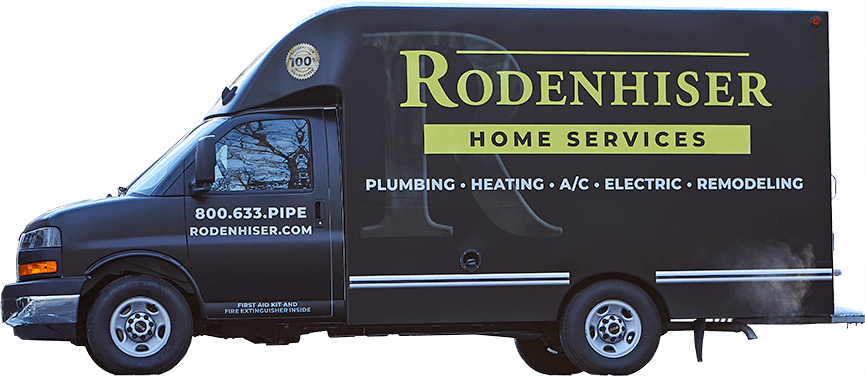


Two-stage cooling is a relatively new air conditioning technology that you should consider if you're replacing your current equipment.
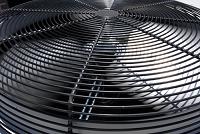
If you're looking to cut your home cooling costs, reduce your overall energy consumption this summer, and achieve a high level of home comfort, two-stage air conditioners are an option you can't afford to overlook.
Here's how two-stage cooling systems work: The air conditioner's compressor runs on two different speeds or "stages" -- low and high. When the weather outside demands more cooling, the air conditioner will run on the lower speed, conserving energy without compromising your indoor comfort. However, on hotter days, the compressor automatically kicks into the higher speed, providing faster and more powerful cooling. Most two-stage air conditioners are built to automatically sense the cooling load and select the low or high speed accordingly.
Further, two-stage compressors help to boost comfort and increase quality of life. For instance, because the compressor operates most often at the lower speed, 80 percent of the time according to manufacturers -- a speed adequate to effectively cool your home -- you'll experience even temperatures throughout your home, in part because of the longer run times the lower speed uses as it cools the air.
The benefits of two-stage cooling systems extend even further, though; because the low speed provides adequate cooling the majority of the time, you will save a great deal of wear and tear on the system's working parts, including the motor and fan. This can significantly reduce maintenance and repair costs over the life of the system, potentially saving you hundreds or even thousands of dollars in operating costs.
At Rodenhiser Plumbing, Heating & Air Conditioning, we understand that upgrading your home's air conditioning is a major decision. We're here to provide you with friendly advice and expert guidance if you'd like to learn more about two-stage cooling systems. Please contact us if we can help. We serve customers throughout the 495/128 area of Massachusetts.
Our goal is to help educate our customers about energy and home comfort issues (specific to HVAC systems). For more information about other HVAC topics, download our free Home Comfort Solutions Guide.
Image via Shutterstock.com





Both Alex and Patrick were knowledgeable, courteous, and professional. They made a change that might have solved the recent problem and have structured a more complete solution. We agreed to this...
Mike was thorough, thoughtful and considerate. Covered their shoes before entering, surveyed my issue and provided an explanation of the services and costs. Great Job!
Alex did a great job providing an explanation of the services provided and went out of his way to offer assistance/advice on other issues outside of our scheduled maintenance visit.
Brian did an excellent job inspecting our 18-year old boiler and replacing some of the accessory hardware that needed it, he also adjusted the outgoing hot water settings for our radiators and...
Rodenhiser is my one stop shop!!! They take care of my HVAC, electrical, and plumbing issues & are always helpful addressing any questions I may have about the systems in my house! Everyone...
Chris G. and Nick V. showed up bright and early at 8am to fix my water heater issue. They were on time, polite and were able to fix an issue that has been plaguing my house for a good year. They...
When you are looking for plumbing, electrical, heating or air conditioning in the Route 495 / 128 area, you will be delighted that you called Massachusetts' trusted choice since 1928.
With a total dedication to professional workmanship and excellent service, discover why families and businesses continue to trust Rodenhiser after generations of service
